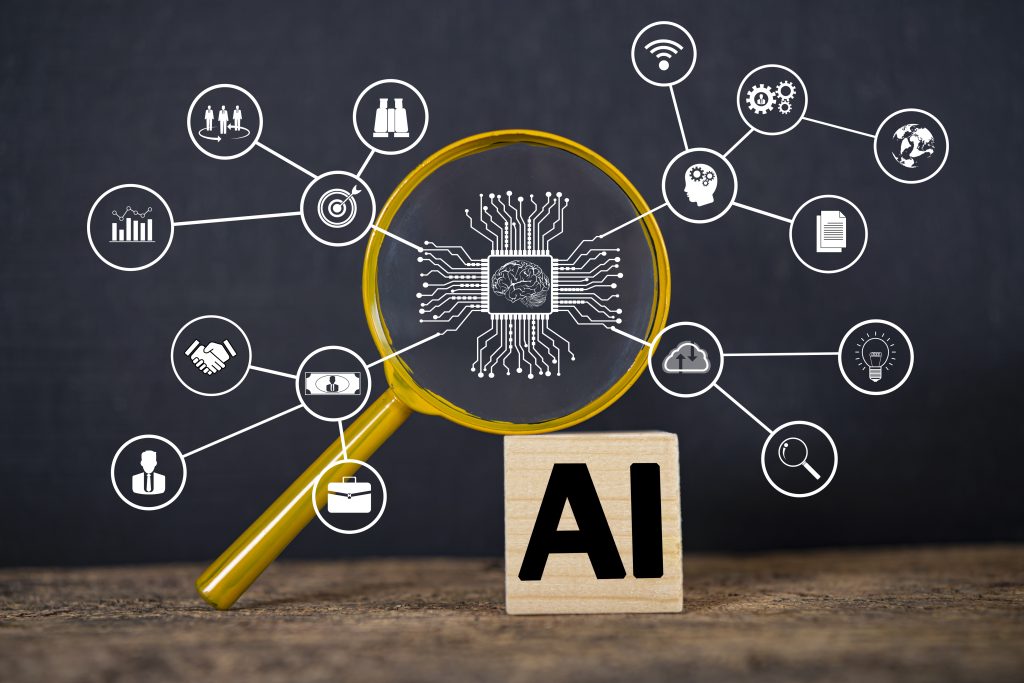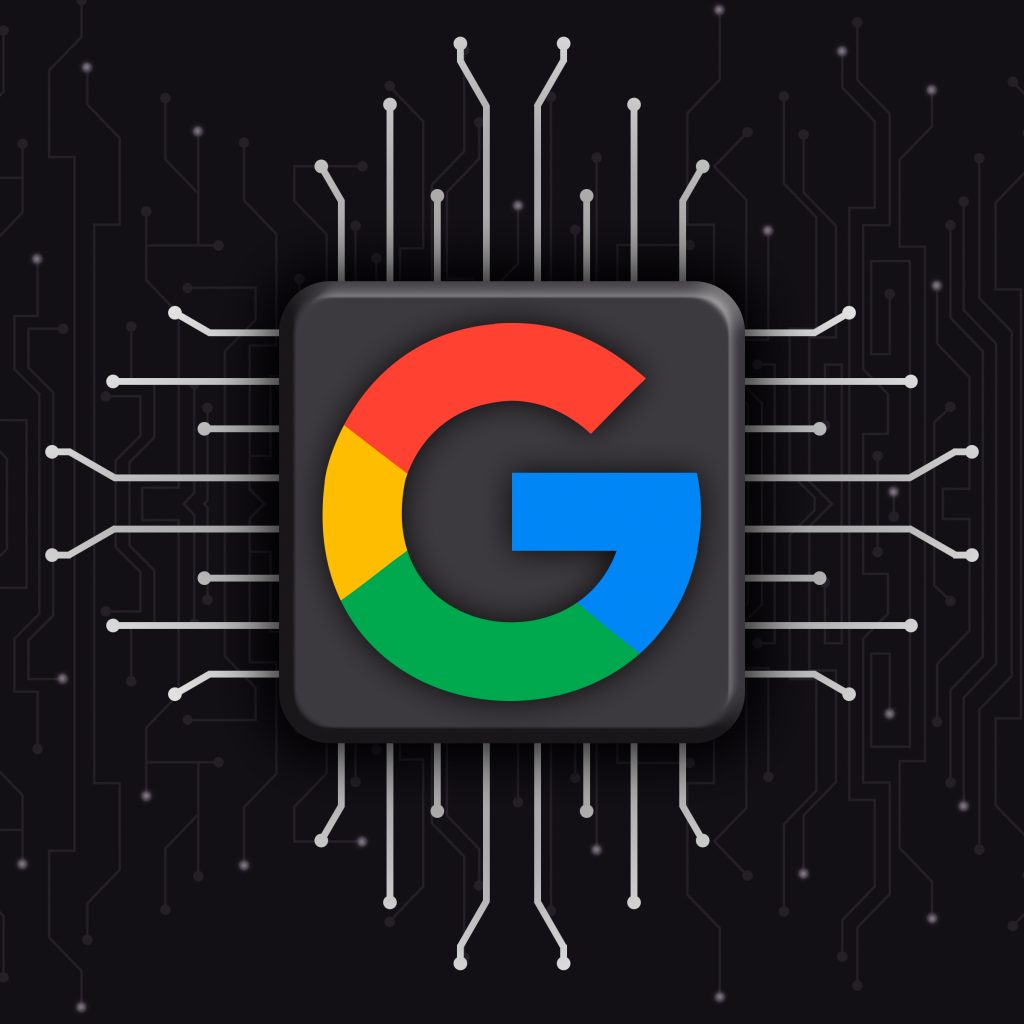
In today’s highly competitive retail industry, providing exceptional customer experiences is more important than ever. With the rise of e-commerce and changing consumer behaviors, retailers are under increasing pressure to deliver personalized, convenient, and efficient experiences that meet customers’ evolving needs and preferences. However, achieving this goal is easier said than done, as retailers face a range of challenges, from understanding customer behavior and preferences to managing inventory and delivering fast and efficient customer service.
To help retailers overcome these challenges and provide exceptional customer experiences, Google Cloud has launched a suite of AI tools that are specifically designed for the retail industry. These AI tools leverage advanced machine learning algorithms and natural language processing to help retailers analyze customer behavior, provide personalized recommendations, and operate more efficiently. By doing so, these tools can help retailers deliver more relevant, personalized, and engaging experiences to their customers, while also increasing operational efficiency and reducing costs.
In this article, we’ll take a closer look at Google Cloud’s latest AI tools for retailers and explore how they can help retailers boost customer experience, increase sales, and stay ahead of the competition. We’ll examine the key features of these tools, the benefits they offer, and how they’ve been implemented by leading retailers around the world. We’ll also discuss the future of AI in the retail industry and explore the opportunities and challenges that lie ahead.
Overview of Google Cloud’s AI Tools for Retailers

Google Cloud’s AI tools for retailers are designed to help retailers improve customer engagement, provide personalized recommendations, and operate more efficiently. These tools include the following:
- Recommendations AI: This tool uses machine learning algorithms to analyze customer behavior and provide personalized product recommendations. By analyzing customer behavior, Recommendations AI can identify patterns and make recommendations that are highly relevant to each individual customer.
- Contact Center AI: This tool uses natural language processing and machine learning to provide fast and efficient customer service. By automating common customer service tasks, Contact Center AI can free up customer service representatives to focus on more complex issues.
- Vision AI: This tool uses machine learning to analyze images and provide insights into customer behavior. Retailers can use Vision AI to track foot traffic in their stores, analyze customer behavior, and identify areas for improvement.
- Product Search: This tool uses machine learning to improve the accuracy of product searches on e-commerce websites. By analyzing product images, Product Search can provide more accurate and relevant search results to customers.
- Recommendations AI for Recommendations on Google Cloud for Retail: This is a service provided by Google Cloud that uses AI to provide product recommendations to customers.
Case Studies of Successful Implementation
Several retailers have already implemented Google Cloud’s AI tools and seen significant improvements in customer experience. Here are a few examples:
- Kohl’s: Kohl’s, a US-based department store, implemented Recommendations AI to provide personalized recommendations to its customers. As a result, Kohl’s saw a 60% increase in click-through rates and a 7% increase in revenue per session.
- Carrefour: Carrefour, a French multinational retail corporation, implemented Vision AI to analyze customer behavior in its stores. By analyzing foot traffic and customer behavior, Carrefour was able to identify areas for improvement and optimize store layouts. As a result, Carrefour saw a 5% increase in sales and a 10% increase in customer satisfaction.
- Zenni Optical: Zenni Optical, an online eyewear retailer, implemented Product Search to improve the accuracy of its product searches. As a result, Zenni Optical saw a 10% increase in revenue and a 15% increase in conversion rates.
Future of AI in Retail
Google Cloud’s AI tools are just the beginning of what’s possible in the retail industry. In the coming years, we can expect to see even more advanced AI tools that will revolutionize the way retailers operate. Here are a few predictions for the future of AI in retail:
- Voice-activated assistants: As voice-activated assistants become more popular, we can expect to see retailers using them to provide personalized shopping experiences to customers. Customers will be able to use voice commands to search for products, make purchases, and receive recommendations.
- Augmented reality: Augmented reality is already being used by some retailers to provide virtual try-on experiences for customers. In the future, we can expect to see even more advanced augmented reality tools that will allow customers to visualize products in their own homes before making a purchase.
- Predictive analytics: As AI tools become more sophisticated, we can expect to see retailers using predictive analytics to anticipate customer needs and make proactive recommendations. This will allow retailers to provide more personalized experiences to customers and increase customer loyalty.
- Smart inventory management: AI tools can also help retailers optimize their inventory management by predicting demand and adjusting inventory levels accordingly. This can help retailers reduce costs and improve customer satisfaction by ensuring that popular products are always in stock.
In conclusion, Google Cloud’s latest AI tools represent only the tip of the iceberg when it comes to what’s possible in the retail industry. As retailers strive to meet the rising demands of customers for exceptional experiences, AI will continue to play an increasingly critical role in helping them to achieve this goal. From personalized recommendations to predictive analytics, AI tools are revolutionizing the way retailers operate and opening up new opportunities for growth and innovation.
As a digital agency, we recognize the immense potential of AI in transforming the retail industry. With the ability to analyze vast amounts of data, automate processes, and make predictions based on patterns and trends, AI is rapidly becoming an indispensable tool for retailers who want to stay ahead of the competition. However, while the possibilities of AI in retail are endless, there are also challenges to be addressed, such as ensuring that AI is used ethically and transparently and addressing concerns around job displacement.
Overall, the future of AI in retail is incredibly exciting, and we look forward to seeing how these technologies will continue to evolve and transform the industry in the years ahead. With the right approach and the right tools, retailers can use AI to provide exceptional customer experiences, increase sales, and drive innovation, paving the way for a brighter and more successful future.
Learn More!



